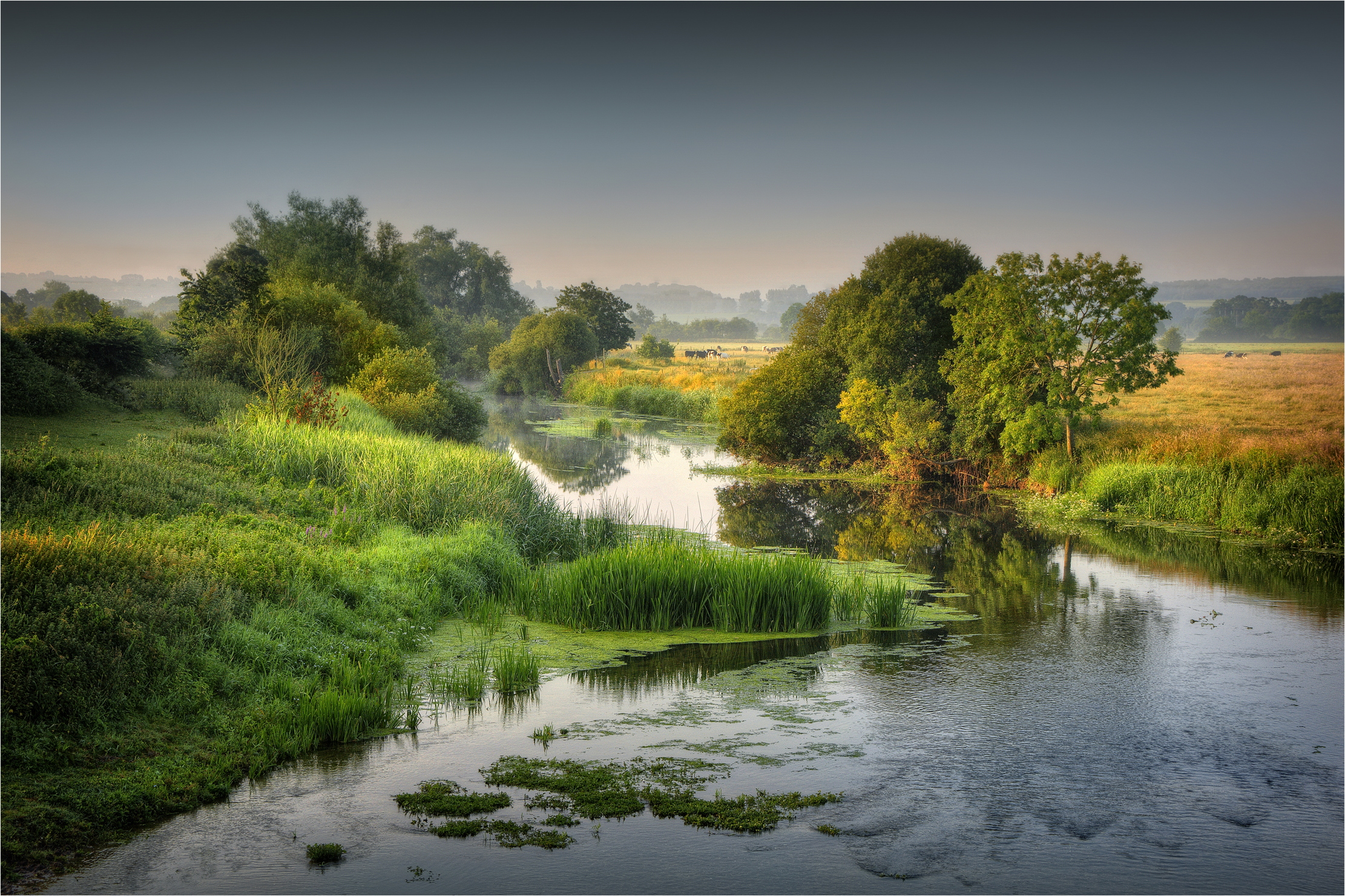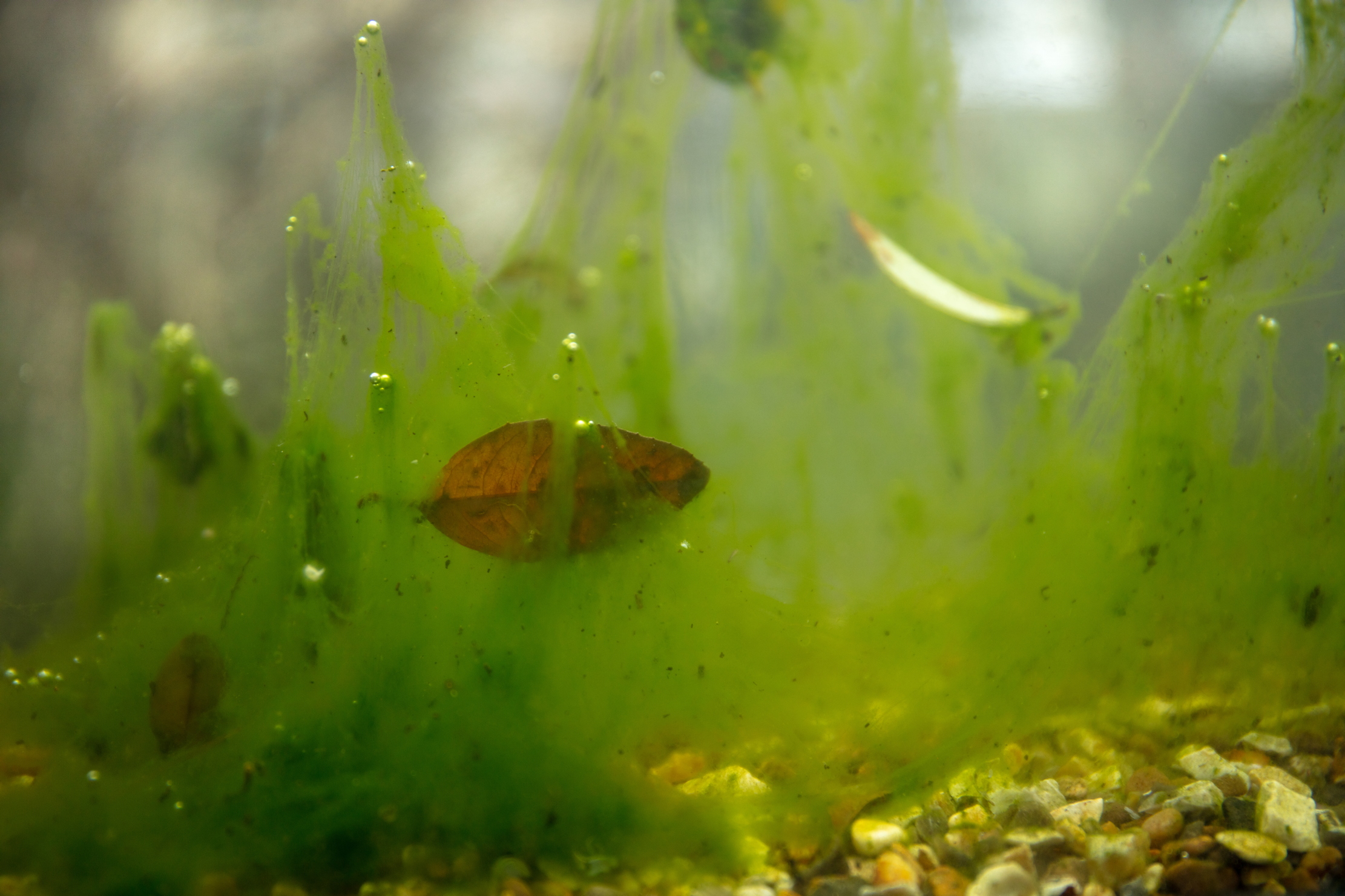83% of England's rivers show 'high pollution' levels as sewage and agricultural waste flow into the waterways
Data collected by more than 640 anglers across the country have found that our rivers are in a perilous state.


More than 80% of rivers in England show signs of high levels of pollution, likely caused by sewage and agricultural waste, according to the results of a citizen-science water testing project. The survey, conducted by anglers, is the first and largest of its kind, and found that of 163 rivers where regular samples were recorded, 83% ‘failed to meet the phosphate standard for good ecological status in at least one sample’. It also showed that 44% of site averages for phosphate failed the England-wide upper standard for good ecological status.
The Water Quality Monitoring Network report was launched in response to the deteriorating water quality impacting rivers and the angling experience, as well as concerns that the Environment Agency was not monitoring rivers correctly. As of December 2023, 641 anglers from 240 clubs have been actively monitoring pollution on 190 rivers from across 60 catchments. The high phosphate levels are of extreme concern, as the substance causes an excessive growth of algae, which starves rivers and their inhabitants of oxygen.
After the publication of the first report, the Angling Trust, as part of its Anglers Against Pollution Campaign, has called on future governments to ‘deliver a clear plan to tackle river pollution’. ‘The first annual WQMN report proves that across the country rivers are suffering from too much phosphate which is extremely damaging in freshwater,’ says Angling Trust CEO Jamie Cook. ‘We need to see much more enforcement and an update of existing laws to tackle the scourge of river pollution and hold polluters to account.’

In response, a Defra spokesperson said: ‘We are taking comprehensive action to tackle water pollution in our rivers and seas – with more investment, stronger regulation and tougher enforcement. This includes setting highly ambitious legally binding targets to reduce water pollution from agriculture and phosphorus pollution from treated wastewater.
‘We are also taking swift action against those who break the rules, including increasing funding for Ofwat, giving them new powers, and changing the law so that polluters face unlimited penalties and are rightfully held to account.’
‘A failure by the next government, whoever wins the election, to address this failure would be a betrayal of anglers across the country,’ said Stuart Singleton White, head of campaigns at the Angling Trust. ‘With a general election approaching, we are urging political parties to make clear commitments in their manifestos that they will enforce existing laws far more thoroughly and bring in new strengthened environmental laws to protect our waterways from pollution and phosphate overload.'

Credit: Nigelb10/iStock via Getty Images
Exquisite houses, the beauty of Nature, and how to get the most from your life, straight to your inbox.
Is your pony 'nice and fluffy' — or carrying too much weight? How warm winters are making for heavy horses
The arrival of an overweight pony on The Archers highlights a growing problem with heavy horses, says equine charity World

Hope for hedgehogs as new research looks to revolutionise robotic lawnmowers
Scientists at the University of Oxford have developed a tool that could prevent hedgehogs from being mangled by robotic lawnmowers.

Norman Foster on the Country Life podcast: 'The Green Belt is one of our greatest inventions'
Lord Norman Foster, one of Britain's great architects, joins the Country Life podcast.

Credit: Getty Images/iStockphoto
What to expect in 2024, from the Shipping News in cockney rhyming slang to a secret wolf-reintroduction
Our annual tongue-in-cheek look at what 2024 might hold in store, from the Shipping News in cockney to the resurgence

James Fisher is the Digital Commissioning Editor of Country Life. He writes about motoring, travel and things that upset him. He lives in London. He wants to publish good stories, so you should email him.